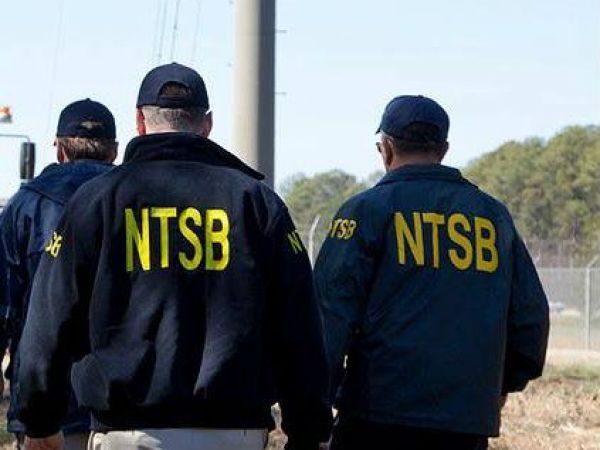Part One of Three – Immediately After A Crash
The unthinkable has happened. You have been involved in an aviation crash or, worse, you have been notified that a loved one has been involved in a crash. Part One of this three-part series is meant to inform you about the things that you should be aware of immediately after a crash.
The National Transportation Safety Board (NTSB) investigates civilian (including airline) crashes. Those are classified as
“incidents,” “aircraft accidents,” and
“unmanned aircraft accidents.” There will be an NTSB crash investigation if there is a
“serious injury” to a person or
“substantial damage” to an aircraft. Those terms are all defined by a
regulation . If you are the pilot, you are required to immediately notify the NTSB (not the FAA) if there is an accident and if certain serious incidents occur. The times when you, as the pilot, must contact the NTSB are listed in another
regulation , and the information that you must provide is in yet another
regulation.
If you have been notified that a loved one has been involved in a crash, there will be lots of things that you are immediately concerned with. Take care of family and friends first. Within a few days (maybe only a few hours, depending on the circumstances) you will be contacted by an investigator. You should cooperate fully despite the difficult circumstances.
However, everything that you say to the investigator will be recorded in the investigator’s official notes, even informal conversations. In the trauma of the moment you may not realize the perception or impact of your conversation. You may be asked to give a written or recorded verbal statement that will be part of the official record. Regardless of whether you are a family member, a passenger, a pilot, or a crew member, by
regulation you have the right to be accompanied by an attorney during an interview with the NTSB.
Immediately after the crash, all information and documents about the plane, pilot and passengers should be preserved, even if you think the document is irrelevant. If you come across pilot or airplane logbooks, maintenance documents, invoices, and fuel receipts you must preserve them. In the stress and confusion that follows a crash, it is best to keep documents that you find in a single, safe location and, if possible, make copies or scans of them and keep those in a separate safe place or email the scans to yourself or someone close to you. Make and keep copies of all electronic documents and emails too. Do not send any documents to any investigator without keeping a copy in a safe place for yourself.
Finally, if you are a pilot or operator and the FAA contacts you after an accident or incident, realize that the FAA is not investigating the mishap but the FAA may be
investigating you and your pilot or operating certificate. The FAA’s
regulations give pilots and witnesses protections, one of those is the right to counsel. Pilots and operators should contact an experienced aviation attorney before they speak with any representative of the FAA or NTSB about an accident.
If you have questions, you can call John Gagliano at
(215) 554-6170 or email
john@gagliano.law.
The government’s investigation process is discussed in more detail in
Part Two of this series.
